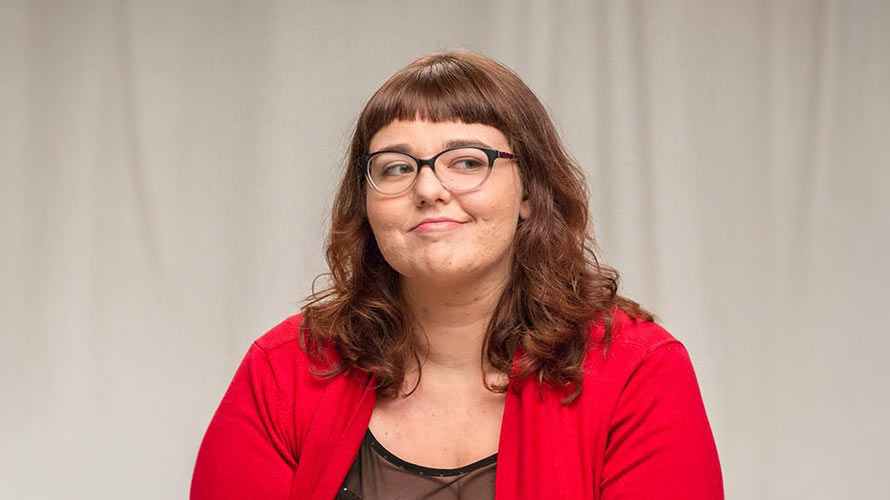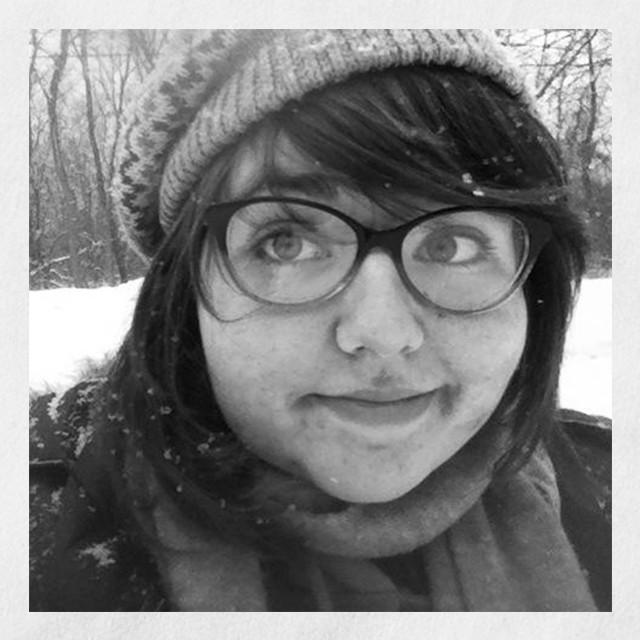Meet Jackie

Jackie's Story
Mesothelioma Patient
"They wouldn't have wanted me to go without a fight."
Most teenagers are barely thinking about their future. At the age of 18, Jackie was fighting for hers. Months before moving out of her parents’ house, Jackie was having trouble breathing and went to the hospital. What was originally thought to be pneumonia, turned out to be much more serious. Further testing examined her liver and discovered fluid in her abdomen. It was cancer.
Mesothelioma symptoms lead to diagnosis
This discovery led Jackie to seek treatment from the Moffitt Cancer Center. There, she was given the devastating diagnosis of mesothelioma. Mesothelioma is a rare and aggressive form of cancer affecting the membrane lining of the lungs and abdomen. There is no cure. Jackie recalls, “The statistics really aren’t good for mesothelioma. There’s less than a 50 percent chance of you being alive after a year. And the five-year mark is 10 percent. So to hear those odds was kind of scary.”
Despite these odds, Jackie was determined to fight. With the help of her parents and caregivers she was going to do everything she could to stay alive. Jackie’s parents gave her a lot of courage, and she remembers thinking, “They wouldn’t have wanted to see me go without a fight.”
Jackie defies the odds of mesothelioma life expectancy
Now almost five years later, Jackie has beaten the odds. While there’s still no cure for mesothelioma, surgery and chemotherapy have helped her live with a greater quality of life.
Jackie would give the same advice to anyone in her situation: to seek support wherever they need it. “I had a very supportive family, very supportive friends, but at the end of the day, when I did meet other patients, there’s really a connection there.”
What started out as something life-threatening has grown into something life defining. Jackie is currently attending school for social work and hopes to one day use her degree to help future cancer patients. She also acts as a member of the patient and family advisory committee at Moffitt. In this role, she works closely with patients to express their thoughts on improving care.
Jackie sees great courage every day. “The patients I see are very resilient. Some people are happy, but, I think it takes courage to even say, ‘Oh yeah, it’s okay that I’m sad.’ It takes courage to say, ‘Today is just not a good day, but tomorrow might be better.’”

